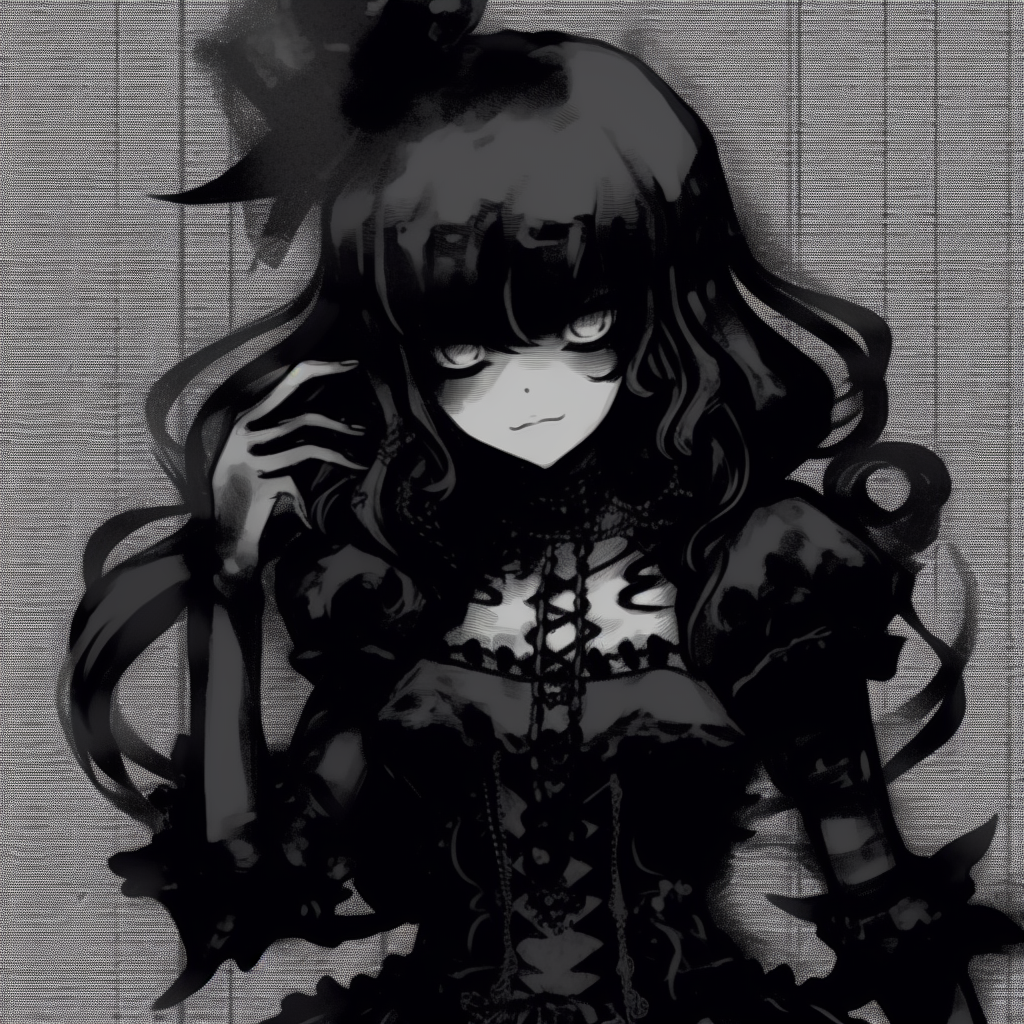- cross-posted to:
- [email protected]
- cross-posted to:
- [email protected]
Two activists arrested after Rokeby Venus artwork targeted, as dozens of others held after blocking Whitehall
Just Stop Oil protesters have been arrested after smashing the glass covering a Diego Velázquez painting at the National Gallery in London, as police detained dozens of others who blocked Whitehall.
Two activists targeted the glass on the Rokeby Venus painting with safety hammers before they were arrested on suspicion of criminal damage.
The artwork, which was painted by Velázquez in the 1600s, was slashed by the suffragette Mary Richardson in 1914. One of those involved on Monday said: “Women did not get the vote by voting; it is time for deeds not words.”
The Metropolitan police said at least 40 activists who were “slow marching” in Whitehall were also detained and that the road was clear after traffic was stopped for a brief period


The planet is literally dying. A painting ain’t worth shit in the grand scheme of things. This has always been a popular tactic for protests the article mentioned the suffragettes doing the exact same thing to the exact same painting.
I’m not arguing for the value of the paintings but the idiocy of the protest. If it worked for the suffragettes (where it is even fathom able that it might have some relevance to the protest, unlike here) good for them, but this is nothing like that. This just paints them as idiots and does very little less. A common tactic used by the whatever shitty thing that’s supposedly being protested is to make fools of the protesting party. Even though this is apparently just idiots making everybody in the movement look bad. Yay. Lotta good that does…
If these idiotic stunts aren’t a smear campaign, these morons are doing their work for them.
This is exactly what was said about the suffragettes. Give your head a shake.
There are no parallels you can seriously draw from this shit to the suffragette movement.
Removed by mod
Removed by mod
This is about the vandalism of a painting not the women suffragette movement are you ok? There are no parallels to be connected here
That same painting was defaced in protest by the suffragettes. What the fuck are you on about
The planet is not, in fact, dying. A lot of species that humans care about are dying. The bedbugs and termites and rats are doing fine; it’s the corals and butterflies and emperor penguins that are having trouble.
(This is an important distinction because of the existence of human extinctionists: those who think that humans should kill ourselves off so that life can prosper in our absence. Thing is, only humans care about what’s going on in a different continent from our own. A polar bear does not care what happens to penguins.)
They’ll suddenly care an awful lot when fish dying out means penguins and seals dying out means polar bears dying out. There is no creature that exists in a vacuum.
I was being literal. A polar bear can’t find out what’s going on in Antarctica, nor does it have the mental capacity to think about the environmental systems that affect its well-being. All it can do is get hungry and starve. :(
There is no other species on earth besides humans capable of being environmentalists.
To the best of our knowledge, they still won’t care about the other creatures in the web going extinct. We don’t have any evidence of animals global or species-wide conceptualisation. This doesn’t make it right, just that anthropomorphising animals and animal thought isn’t a good argument.
But you’re right— no creature exists in a vacuum. The decisions we make matter, and having this abstract conception of the world gives us a moral obligation to be stewards of it. Some of that stewardship is about restoring and preserving what exists in the wild. Some of that stewardship means honoring the bonds we have made and the responsibilities we have taken on to animals we have domesticated. And some of that stewardship means acknowledging that our constructed environments have also become the homes and habitats of wild critters.
This is all to say— we need to do better, but no good answer will be simple, and nothing comes without consequences.